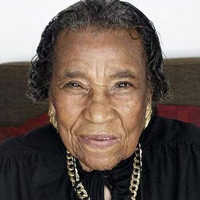 The Supreme Court has ruled that a formula for determining which local jurisdictions are required to preclear any election law changes with the U.S. Justice Department is unconstitutional. The formula in use stated that coverage depended on whether a jurisdiction had a voting test in the 1960s or 1970s, and had low voter registration or turnout at that time. In a 5-4 decision, the Court ruled that this formula is based on data that was decades old and can no longer be applied.
The Supreme Court has ruled that a formula for determining which local jurisdictions are required to preclear any election law changes with the U.S. Justice Department is unconstitutional. The formula in use stated that coverage depended on whether a jurisdiction had a voting test in the 1960s or 1970s, and had low voter registration or turnout at that time. In a 5-4 decision, the Court ruled that this formula is based on data that was decades old and can no longer be applied.
The Court did not rule Section 5 of the Act, which calls for jurisdictions to preclear their election law changes, unconstitutional. Only the formula used to determine which jurisdictions will fall under the preclearance mandates was deemed unconstitutional. However, since the formula was deemed unconstitutional, it appears that no preclearances can be mandated until Congress approves a new formula to determine which jurisdictions will now be covered. It is quite possible that Congress will be unable to agree on a new formula.
Writing for the majority in Shelby County v. Holder, Chief Justice John Roberts stated, “The conditions that originally justified these measures no longer characterize voting in the covered jurisdictions. Coverage today is based on decades-old data and eradicated practices. The formula captures States by reference to literacy tests and low voter registration and turnout in the 1960s and early 1970s. But such tests have been banned nationwide for over 40 years.”
Chief Justice Roberts went on to state: “The formula in that section can no longer be used as a basis for subjecting jurisdictions to preclearance.” But he continued, “Congress may draft another formula based on current conditions.”
The Supreme Court decision may be downloaded by clicking here.









